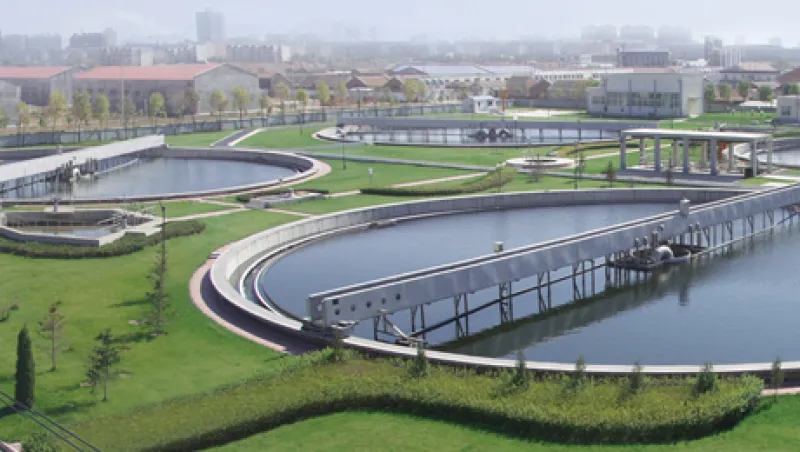
China Everbright International Cashes in on Chinese Eco Crisis
The Hong Kong investment firm is helping solve China’s environmental problems by developing projects ranging from waste treatment plants to solar power stations.
Allen T Cheng
October 16, 2013


